
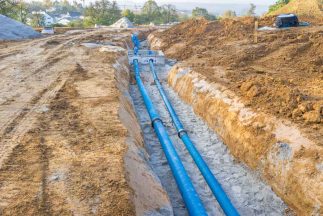
Aqua Analytics use state-of-the-art technology to provide accurate data on the condition of buried pipes so you can make smarter asset management decisions. Our pipeline condition assessment service will help you determine what’s in good condition and what needs repair or replacement. This service can help you update your water network to comply with the Taumata Arowai Three Waters Reform.
We use non-invasive and non-destructive technology to provide precise data on your buried pipes and save you from digging up and repairing components that don’t need to be fixed. This tech can also help determine whether pressure management can be used to extend the life of your asset.
To arrange a pipeline condition assessment in Auckland, Wellington or Christchurch, contact our team today on 0800 345 697.
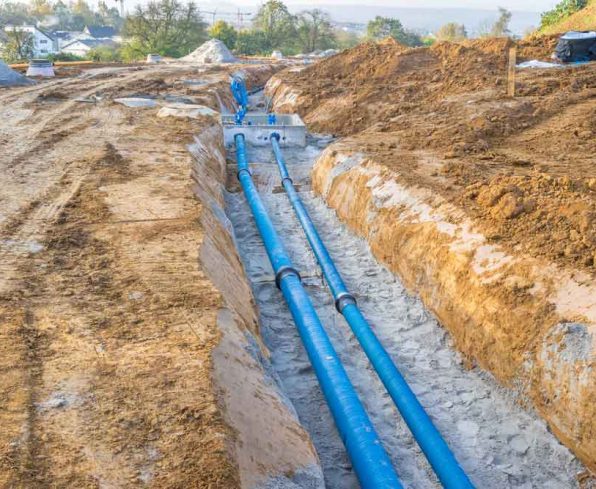
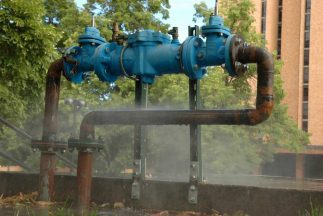
Unlike traditional acoustic leak detection that relies on leaks or flowing hydrants for a sound source, KenWave’s hydrophones work by using leak noise correlators and sonar. This means the hydrophones never have to enter the fluid chamber, so pipes can be assessed with no risk of damage, contamination or disruption to the service.
KenWave TPA can be used to inspect pipes of all sizes and materials, carrying the following products:
Aqua Analytics can provide a one-off pipeline condition assessment or long-term programmatic inspections to assist with long-term asset planning. We will identify any areas of concern and provide recommendations for repairs or replacements.
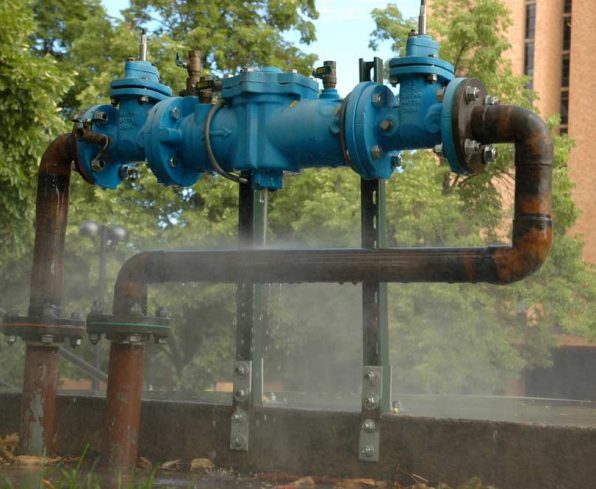
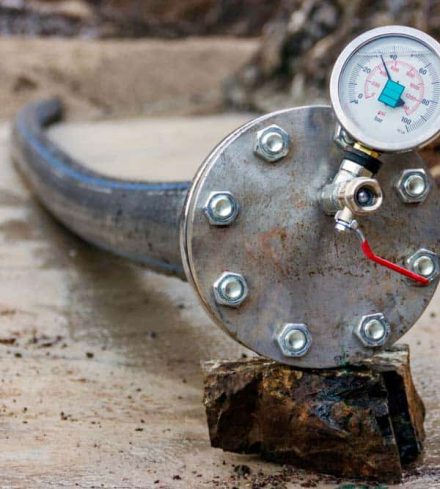
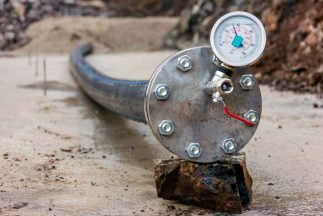
Too often, utility companies spend money replacing ageing water or wastewater pipelines based on inadequate pipeline conditions or leak detection data. This data may include soil corrosivity, spot checks on wall thickness at convenient locations or desktop assessments that don’t consider any ‘ground truth’ information.
Other water utilities adopt reactive approaches to bursts (or pipeline age) rather than undertaking technology driven pipeline assessment activities to prevent them. Despite increased spending on pipeline testing and real time pipeline monitoring, the information gap around buried pipeline conditions still exists, even though there are non-invasive, non-disruptive technologies available. These technologies allow technicians to collect higher quality data for asset management decision making. Using these advanced data collection technologies and their associated data analysis, Aqua Analytics brings pipeline condition assessment into the 21st century and allows utilities to be more resilient, proactive and comprehensively managed.
Aqua Analytics uses non-invasive, non-disruptive Tonal Pipe Assessment™ (TPA) from KenWave Solutions to conduct water pipe condition assessments. This acoustic pipeline assessment technology is designed for use on in-service pipes of all standard materials and diameters. Tonal Pipe Assessment technology will provide detailed, reliable condition assessment and leakage information including average wall thickness and strength for discrete pipe segments.
Our pipeline assessment technologies operate without disruption to your regular network operations and pose no risk of damage to the asset. The device is installed on the pipeline during normal operating conditions and data measurements are collected for analysis by expert engineers.
KenWave’s TPA represents the next evolution of leak noise correlators with improved sensor sensitivity and the ability to collect multiple data types simultaneously, all with a focus on safety and ease of use. For example, our ultra-sensitive hydrophones sit behind an acoustically transparent impermeable high-pressure membrane, so they never have to enter the fluid column.
Being an external tool, TPA can be attached to various fittings to inspect almost any water main or sewer rising main. Where fittings or valves are not available, both sound source and sensors can be attached directly to the pipe surface through small vacuum excavations on the pipeline.
Unlike acoustic leak detection, which relies on leaks or flowing hydrants for a sound source, TPA uses a tuneable valve box or sonar-introduced test signals. These introduced signals are specific to each diameter and material combination, without any risk of introducing water hammer to determine pipeline condition.
A physics based acoustic model of pipes using ground propagation, dynamic loading and impedance effects gathers and analyses the sensor data. Special post processing techniques are used to handle spurious noises, such as those from vehicle traffic.
Lastly, a thermodilatohydrometer (THD) uniquely allows TPA to correct for the effect of changes in water temperature, pressure and dissolved gas content on the acoustic dispersion curve.
Firstly, we develop a multi-parameter acoustic model specific to the pipe we are inspecting. Test signals are then computed and introduced via the TPA sound source before they are measured downstream by the TPA sensors.
We then use the TPA technology to compare the models with the measurements and deduce wall properties and anomaly locations. Results are then validated and the TPA database and modelling algorithms are updated to make the next inspection more accurate. This improved accuracy has immense benefits when conducting water pipe condition assessments. We can track this data over time and determine the best possible solutions for the water pipe network.
During most pipeline condition assessment projects, we also simultaneously collect pressure transient data using devices from Syrinix.
Our non-invasive TPA technology can be used to inspect pipes that transfer potable water, wastewater, process water, hot water, chilled water or glycol. The TPA technology is also designed for studying non-metallic and plastic pipes (including Asbestos Cement, PVC, MDPE, HDPE and GRP).
In addition to the above, we can utilise TPA technology for large-scale asbestos cement assessment projects when a water utility has a large proportion of AC mains and needs to prioritise its renewals and investments. Many cities and towns in Australia, New Zealand, Singapore and Hong Kong face a problem with their ageing asbestos cement and metallic pipelines, with billions of dollars in renewals required over the next five decades.
Aqua Analytics can also inspect mixed material pipes, such as when a small section has been repaired with ductile iron or PVC.
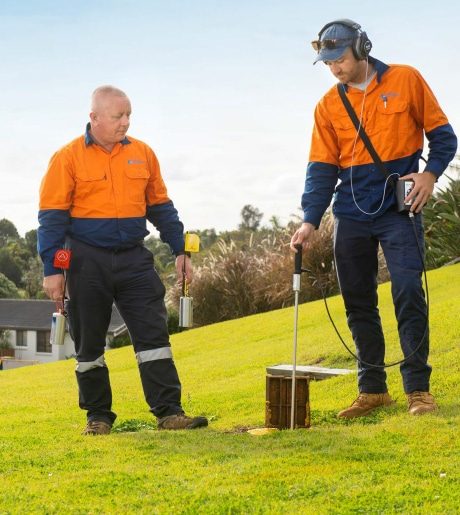
Mon: 7:30am – 5:30pm
Tue: 7:30am – 5:30pm
Wed: 7:30am – 5:30pm
Thu: 7:30am – 5:30pm
Fri: 7:30am – 5:30pm
Sat – Sun: Closed